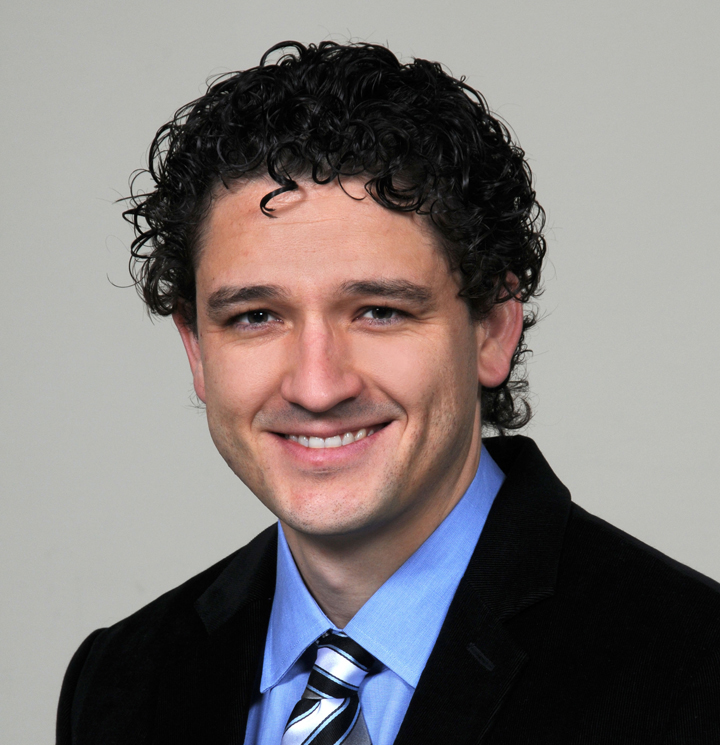Commentary by Andrew F. Cunningham, DO

When aches, pains or other health symptoms develop, it’s natural to ask the question, “should I call the doctor?” It’s often difficult to know which symptoms warrant a visit to your primary care physician. Generally, in non-emergency cases, if a new symptom persists for more than two weeks – and especially if it worsens – it’s advisable to call a physician for guidance.
Below are some symptoms that should be evaluated promptly by a primary care doctor:
- Wheezing, shortness of breath, cough with fever
- Sudden, severe abdominal pain; bloody diarrhea or diarrhea with fever
- Discomfort when urinating or inability to urinate
- Skin rashes
- New moles or moles that have changed
It’s also important to call your doctor right away if you think you have an illness for which early medical intervention can play a significant role in healing. Two examples are influenza and shingles – both of these conditions respond best when treatment starts soon after symptoms develop.

Symptoms associated with heart attack and stroke should never be ignored, and require immediate medical attention:
Pain, pressure or heaviness in the chest, especially with exertion; unexplained swelling of feet or ankles
Slurred speech; sudden change in orientation; weakness on one side of the body; vision changes; eye pain
(These symptoms can be signs of heart attack or stroke. If you or someone you know exhibits these symptoms, call 911 for medical assistance immediately.)
As a general rule, it’s never a bad idea to call your primary care doctor for advice if new health symptoms persist or are worrisome. A primary care doctor is your first point of contact for health concerns and is trained to know which symptoms require intervention or further evaluation. In addition, there are safe and effective vaccines for many preventable diseases, including shingles and influenza. Recommendations vary by age and other risk factors, so ask your doctor for advice on immunizations and preventive care.
Developing a trusted partnership with your doctor is an important step to maintaining good health and ensuring long-term wellness.
Andrew F. Cunningham, DO, specializes in family medicine. He is a guest columnist located at IU Health Physicians Northside Adult & Pediatrics – IU Health North Hospital, 11725 N. Illinois St., Suite 250, in Carmel. He can be reached by calling the office at 688.5300.



